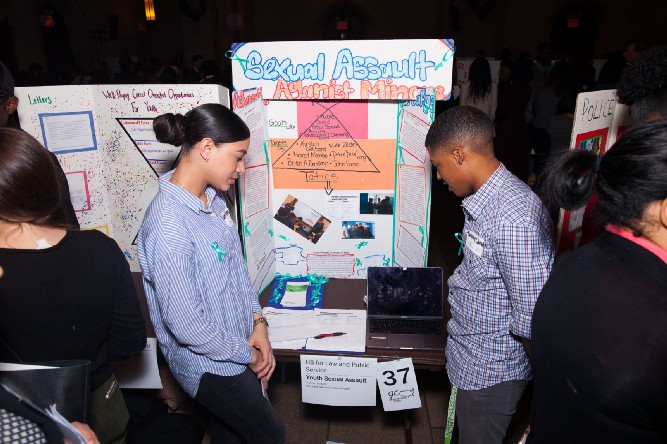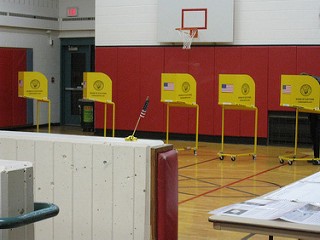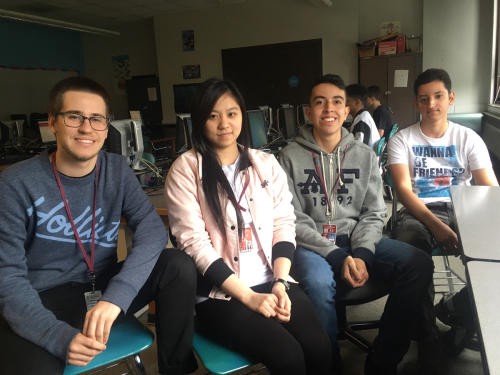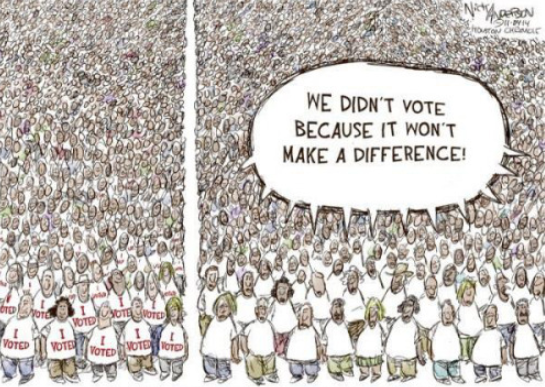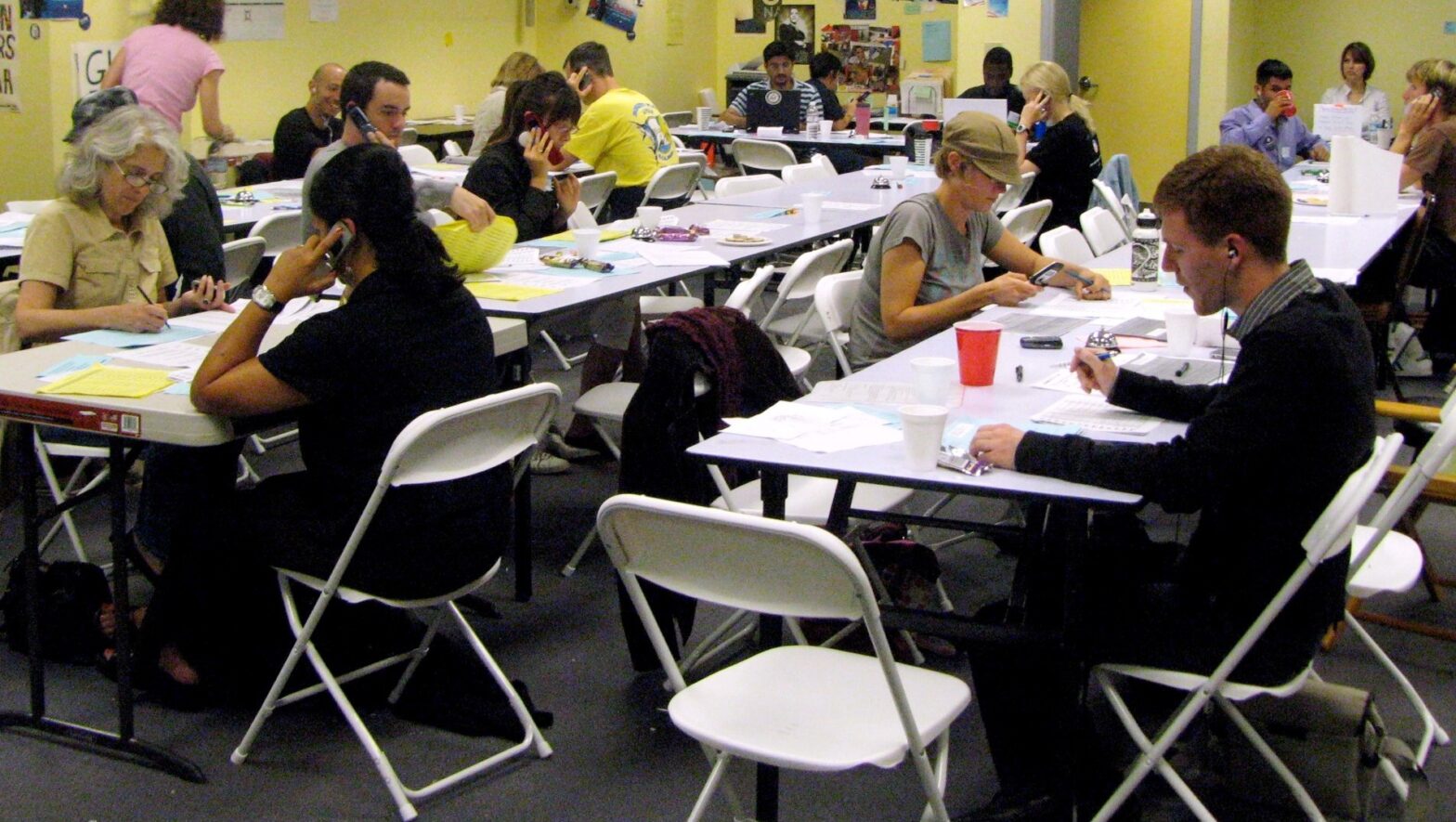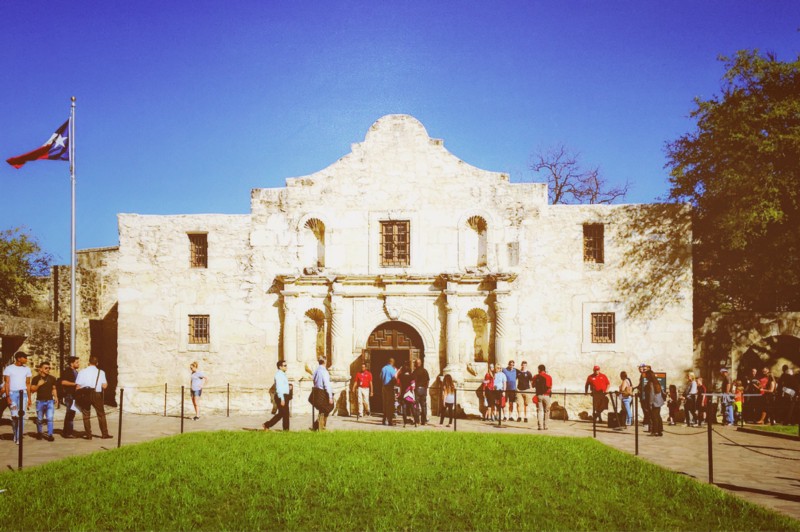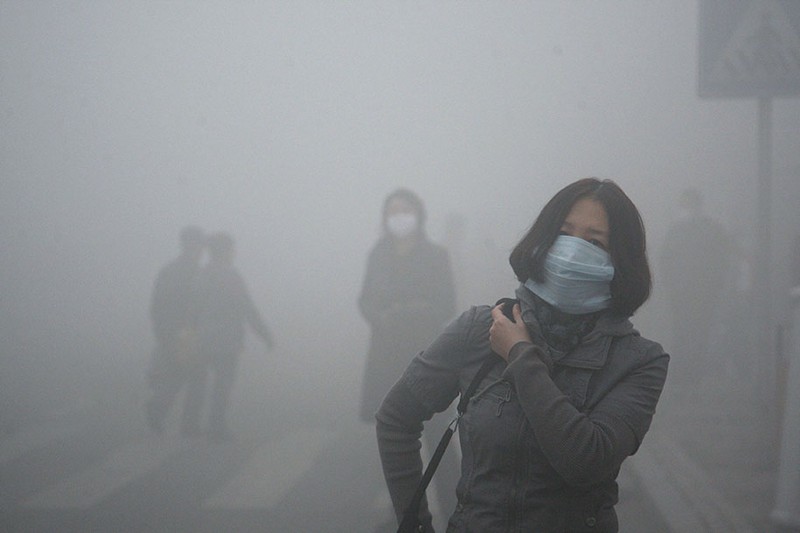The Next NYC Schools Chancellor Must Address the City’s Stark Civic Engagement Gap by DeNora Getachew, New York City Executive Directorand Erin Garry, Assistant Principal at the Bronx Academy of Letters and member of Generation Citizen’s Local Advisory Board On January 14, 2017 the New York Times published an editorial “Some Bright Hopes for New… Continue reading The Next NYC Schools Chancellor Must Address the City’s Stark Civic Engagement Gap
Category: THOUGHTS FROM THE TEAM
Carrying Out My Grandpa’s Vision
Carrying Out My Grandpa’s Vision Finding inspiration through a presidential historian’s belief in the citizen By Scott Warren When I tell the origin story of my motivation behind founding Generation Citizen, I talk about growing up abroad as the son of a Foreign Service Officer. I observed democratic elections in Kenya, witnessed a coup in… Continue reading Carrying Out My Grandpa’s Vision
Can Introverts Be Advocates?
Can Introverts Be Advocates? Making space for quiet, reflective types in Action Civics By Caitlin Paul, Director of Programming, Bay Area These are the words that typically come to mind when we talk about great political change-makers, leaders who make their voices heard and accomplish great feats. And none are the words that come to mind… Continue reading Can Introverts Be Advocates?
A Cycle of Non-Participation: The Breakdown of Our Democracy
A Cycle of Non-Participation: The Breakdown of Our Democracy Our democracy is plagued with non-participation and a large civic engagement gap. What can be done? By Lena Bilik, Generation Citizen Advocacy Fellow It’s election day! And given recent voter turnout rates, it is highly likely you won’t be voting, especially if you are a young, low… Continue reading A Cycle of Non-Participation: The Breakdown of Our Democracy
Taking Action on Gun Violence
Taking Action on Gun Violence: GC student reflects on how an effective civics education can make a difference and prevent issues within a community By Julian Viviescas, Generation Citizen Student Leadership Board member The incident that recently took place in Las Vegas which took over 55 lives still hurts the families of the victims, the city, and the… Continue reading Taking Action on Gun Violence
Why Oklahoma?
Why Oklahoma? By Scott Warren, CEO For the first six years of Generation Citizen’s programming, all of our sites were located on the coasts: Rhode Island, Massachusetts, New York, and California. We realized though, that if we were serious about proving that Action Civics could work anywhere, we needed to expand to more diverse geographies.… Continue reading Why Oklahoma?
Teachable Moments in Civics Class
Teachable Moments in Civics Class: Responding to Misguided Opinions and Declarations by Bonnie Mills, Manager of National Program Development and Partnerships “The Electoral College isn’t fair! Why would I vote if my vote might not count?!” As a former American Government and Politics teacher, I heard this sentiment from students often. Upon learning that the Electoral… Continue reading Teachable Moments in Civics Class
Learning about Democracy, One Phone Call at a Time
Learning about Democracy, One Phone Call at a Time: Why early experiences with civic engagement matter by Isa Ballard, Finance Manager I stumbled into my first substantive experience with civic engagement. I was a sophomore in college, it was my first presidential election as an eligible voter, and I wanted to get involved but I wasn’t… Continue reading Learning about Democracy, One Phone Call at a Time
Action Civics in the Lone Star State
Action Civics in the Lone Star State: A return to government after Hurricane Harvey by Lucianne Nelson, Central Texas Program Associate When my parents announced that we would be moving from California to Texas, my 13 year-old self immediately envisioned a wild west that was identical to the frontiers of John Wayne movies. I fully… Continue reading Action Civics in the Lone Star State
The Importance of Civic Participation in Moments of Perceived Institutional Failure
The Importance of Civic Participation in Moments of Perceived Institutional Failure: Lessons from China By Eli Emigh, New York City Program Associate I found the importance of civic participation at a time in my life when my own views on civic engagement were nihilistic at best. I was a college student studying abroad in Beijing,… Continue reading The Importance of Civic Participation in Moments of Perceived Institutional Failure
